What happens when you repeatedly defy President Trump’s direct orders? Or lie to his face, again and again? How about when you break promises made to Trump, or slyly mock him publicly?
Not many people on the planet are in a position – or possess the cojones – to put that question to the test. Other than Vladimir Putin, of course, who this week launched his biggest missile strike on Kyiv, even after assuring Trump repeatedly that he was serious about peace. That’s the same Putin whom Trump exhorted just weeks ago to stop bombarding Ukraine’s cities with a hard-to-misinterpret, full-caps instruction: “VLADIMIR, STOP!”
Yet Vladimir has not stopped. Instead, Russia’s forces are not only apparently stepping up the intensity, but the sophistication of their deadly night-time missile strikes. On Sunday night a valuable US-supplied Patriot missile battery was destroyed with a combination of Russian drones and hypersonic missile strikes as thousands of civilians cowered in bomb shelters. Twelve were killed in their beds, including four children.
Trump’s response was indignant, but also bizarre. “I’ve always had a very good relationship with Vladimir Putin of Russia, but something has happened to him. He has gone absolutely CRAZY!” Trump wrote on Truth Social in the aftermath of the latest attacks. “He is needlessly killing a lot of people… missiles and drones are being shot into Cities in Ukraine, for no reason whatsoever.” It was almost as though Trump had been unaware that Russia has been doing precisely this pretty much nightly for the three years, three months and three days since the full-scale invasion in February 2022.
Since the beginning of Trump’s presidency he has spoken to Putin directly three times, at length and in detail. The last of those calls, just days ago, was described by Trump himself as “excellent.” Clearly, what Putin tells Trump on the phone and what he then goes on to do are proving to be very different things. And in his latest post Trump came as close as he ever has to publicly calling Vladimir a liar.
“I’ve always said that he wants ALL of Ukraine, not just a piece of it, and maybe that’s proving to be right,” mused Trump. “But if he does, it will lead to the downfall of Russia!”
In a different time, and coming from a different US President, those words could be construed as a very serious threat indeed. In 1983, at the frostiest moment of the Cold War, Ronald Reagan called the Soviet Union the “empire of Evil” – but he never publicly threatened its “downfall,” merely praying “for the salvation of all of those who live in that totalitarian darkness.”
But with his very next sentence Trump drew all sting from his potentially menacing words by turning his fire on Volodymir Zelensky. According to Trump, Ukraine’s leader does “his Country no favors by talking the way he does… Everything out of his mouth causes problems, I don’t like it, and it better stop.” It seems that Zelensky had offended Trump in his latest nightly address to his people. “There’s a lot of talk about diplomacy,” Zelensky had said. “But the constant Russian strikes, killings, assaults and even preparations for new offensives – you have your diagnosis right there.”
In other words, Zelensky appeared to be agreeing with Trump that Putin talks peace but wages war. Nonetheless Trump insisted that the current conflict is “Zelensky’s, Putin’s, and Biden’s War, not “Trump’s” – apparently in exactly that order.
Does the fact that Putin repeatedly lies to Trump and his envoys bother the White House? On one level, Trump famously likes to win and dislikes being contradicted – as Zelensky found to his cost when he tried to push back against Trump in his disastrous Oval Office meeting in March. Yet Putin has, so far, managed to avoid provoking Trump’s full-scale wrath. Why?
Turning fully on Putin and blaming him – not just for the ongoing war but for the invasion of Ukraine in the first place – would force Trump into actually doing something about it. That would have three deeply unpalatable consequences. First, it would be to admit that the Biden administration was right to arm and support Kyiv in the aftermath of Russia’s invasion. Second, it would unravel several narratives that have become articles of faith to MAGA voters, from the insistence that Russian interference in the 2016 US presidential election was a myth to the line that it was NATO overreach and US interference in Ukraine that provoked the Russians into invading.
But thirdly and most importantly, applying serious economic pressure on Moscow – for instance by sanctioning international customers of Russian oil and gas – would provoke an instant global trade war that would make Trump’s latest tariff threats seem like child’s play in comparison.
However irritated Trump may become with Putin’s bad faith, he nonetheless has one eye firmly on the bottom line. America, if it chose, could indeed leverage its global economic power to bring about the “downfall” of Russia in short order. But the cost of doing that is not one Trump, nor US voters, are willing to pay. Trump’s White House has decided that no vital US economic interests are at stake in the conflict – and whatever global security threats may arise from a resurgent Russia are a problem for Europe, not the US.
That is the genesis of the fall-back position that Trump and Vice President J.D. Vance have begun staking out in recent days. Putin has clearly signaled that he does not take Trump’s threats of secondary sanctions seriously – and, indeed, Trump seems to show little intention of following through on them. In sending a low-level delegation to direct peace talks in Istanbul, Putin has also signaled that the negotiation process will be a long and drawn-out affair. Reports from the ground suggest that the Kremlin’s forces are gearing up for a new offensive in Donbas – not, as Trump suggested, to take the whole of Ukraine but at least to push to the borders of Donetsk province.
The true message of Trump’s last, exasperated post was to echo Vance’s public statement last week that “we’re more than open to walking away.” That way, Trump gets to dodge the blame for a failed peace process while claiming he continues to push talks along. But to make the political arithmetic of US disengagement work, Trump needs to blame Zelensky and Putin equally for the continued lack of a solution – even as its Moscow launching the missiles and Kyiv sheltering from them.



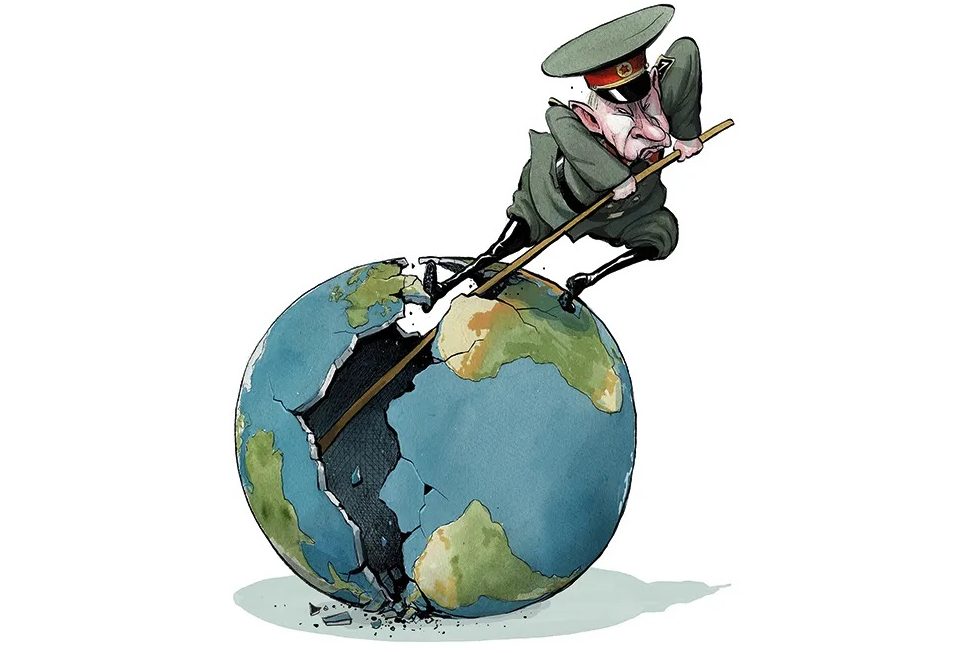







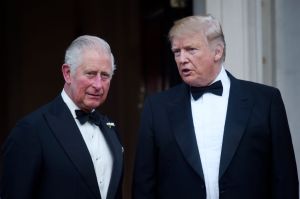
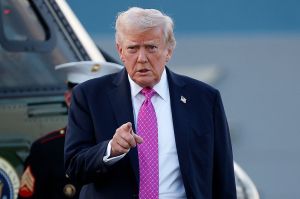
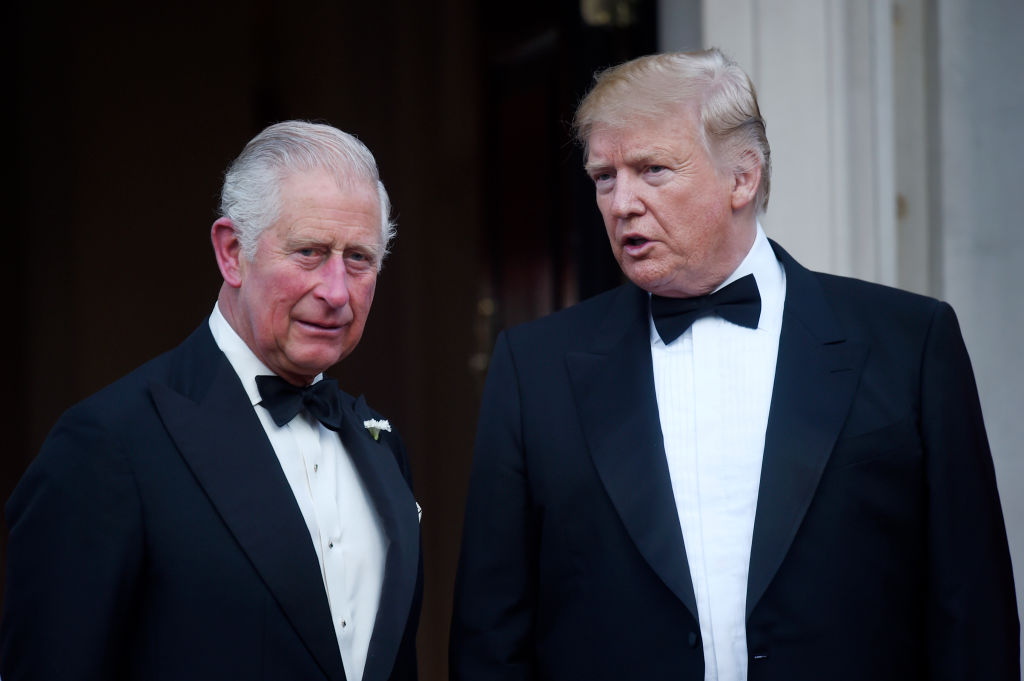
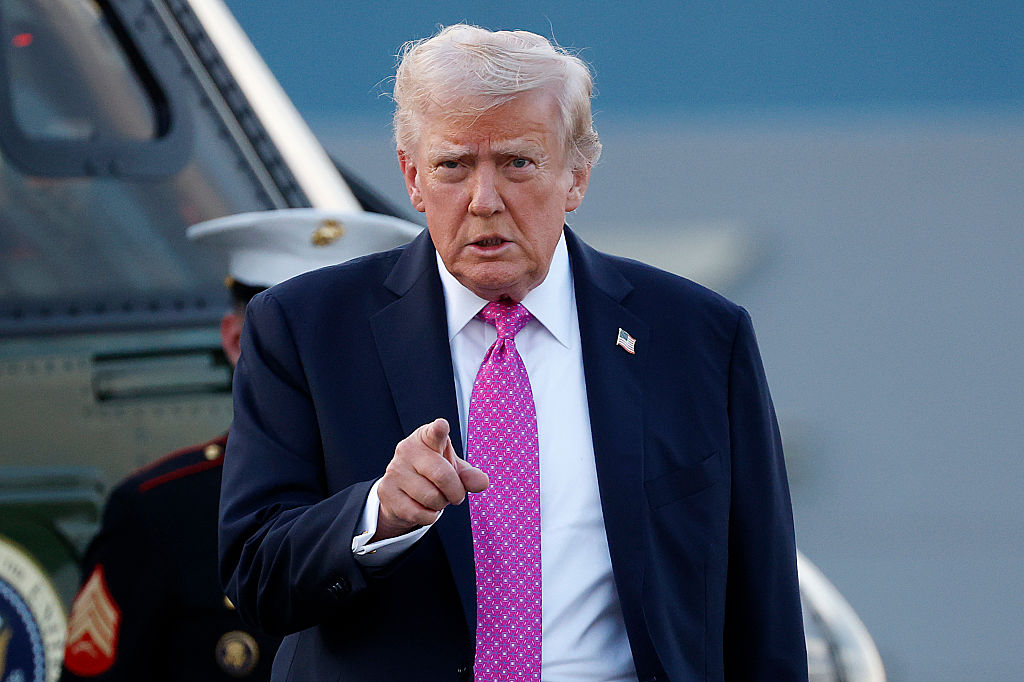

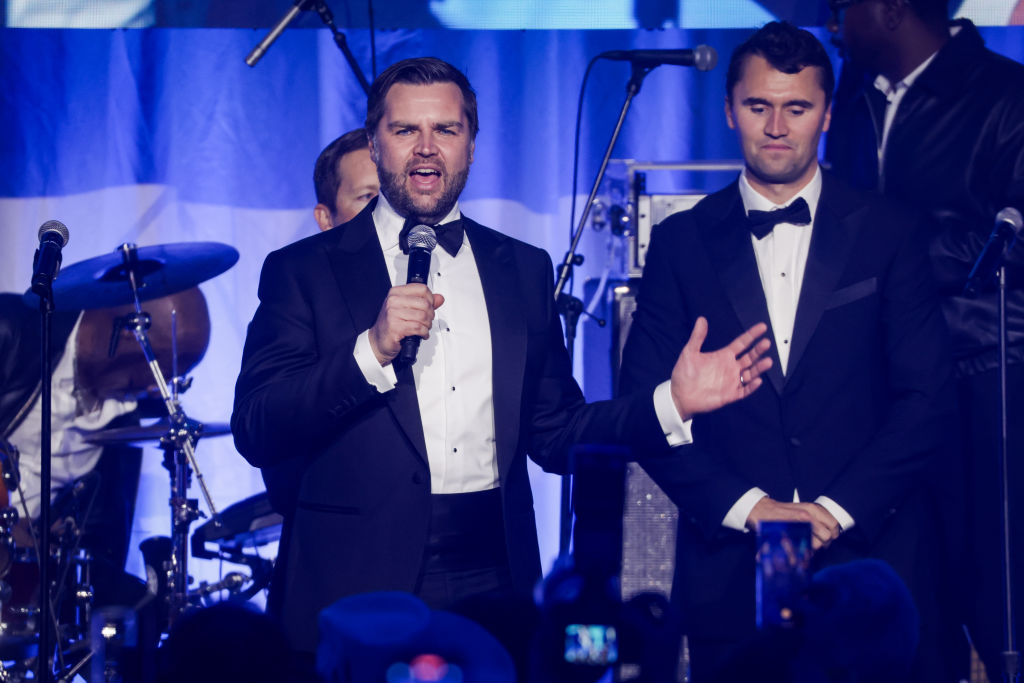
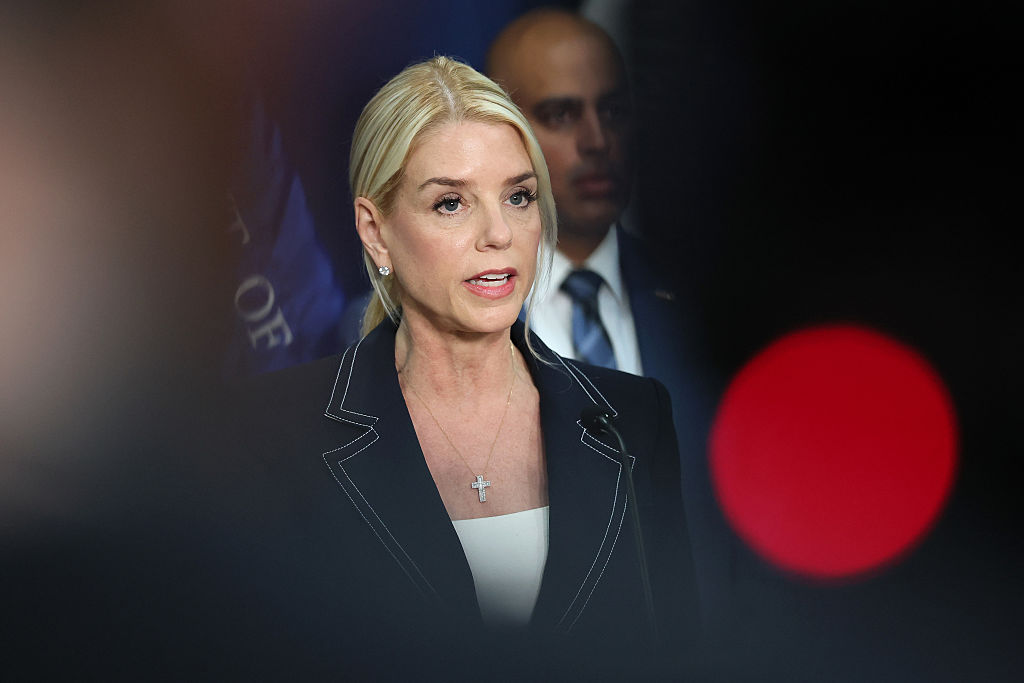
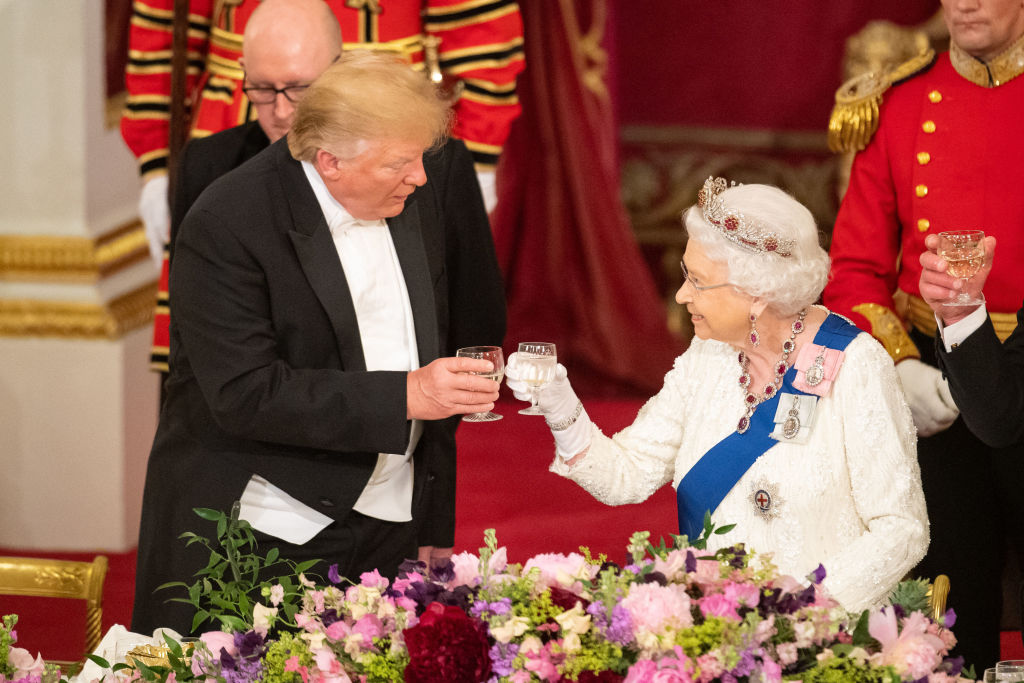







Leave a Reply